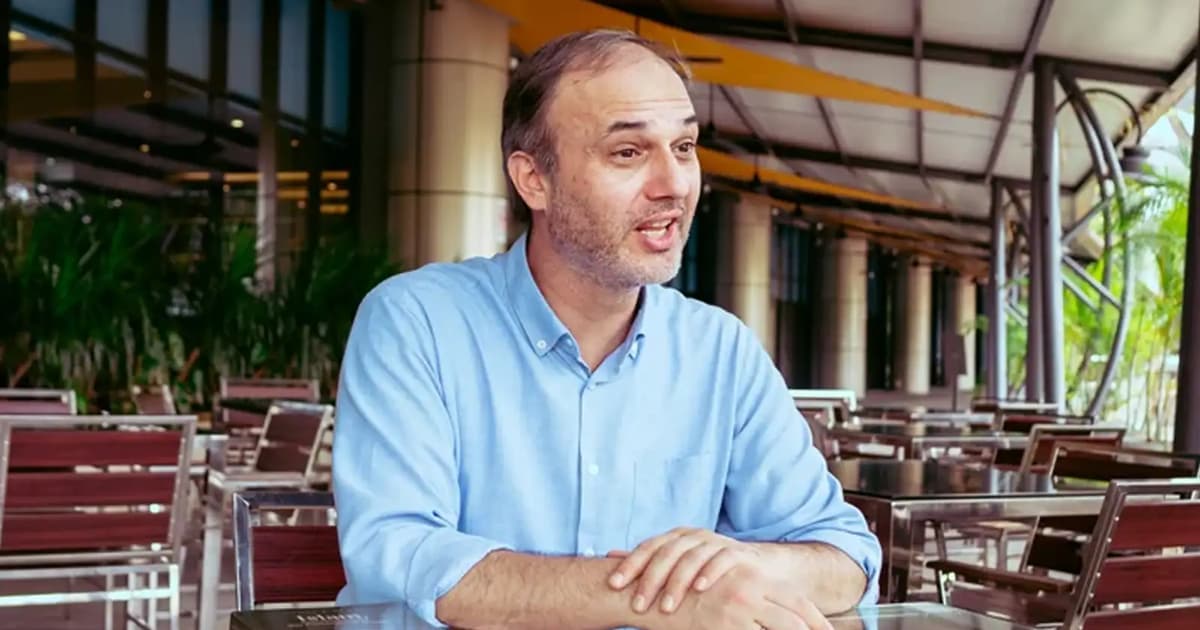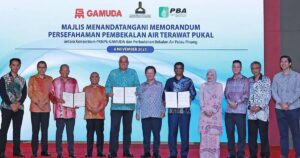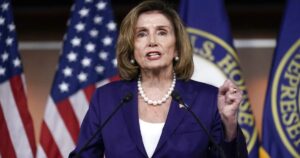
It is vital to separate creed from state in religiously diverse societies, a US-based scholar said, adding that failure to disentangle these domains can lead to systemic dysfunction.
Ahmet T Kuru said history has shown that to remain in power, political and military authorities had sought to monopolise religious legitimacy, and scholarly knowledge, apart from economic resources.
He said that to counter such tendencies, it is essential to keep the state, religious authorities, intellectuals, and entrepreneurs apart from each other to ensure autonomy.
To illustrate his point, the director of Islamic and Arabic studies at the San Diego State University cited the current socio-political landscape in the US that, he said, is becoming more religiously diverse than it was 20 years ago.
Back then, he told FMT, the US government actively celebrated religious diversity, and as a secular state was far more tolerant of symbols of Muslims and other religious groups than the secular model in France.
However, the American system is now facing a serious crisis, including its treatment of religious minorities, which “should serve as a cautionary example” for plural societies, including Malaysia, he said.
“The separation of spheres — politics, religion, the economy, and media — has weakened significantly. Today, these realms are deeply entangled, creating a chaotic and unhealthy mix.
“The result is systemic dysfunction that leads to corruption, inefficiency, and mismanagement,” he added.
Kuru said this when elaborating on an academic paper he penned, titled “Religious Diversity and Passive Secularism”.
He went on to say that American academics, including himself, have long criticised Islamists for fusing all domains of life and rejecting the principle of separation.
But ironically, the US is now increasingly resembling those Islamist regimes in this regard, he said.
“The erosion of institutional boundaries in America should raise alarm for all societies seeking to balance religion, governance, and pluralism.”
Not un-Islamic to separate state and religion
Kuru, who had previously cautioned against an alliance between the ulama and the state, said there was a general perception that Islam inherently rejects religion-state separation.
Such a “misleading cliche”, he said, has been promoted by both Islamists and critics of Islam.
Kuru said that from the 8th to the mid-11th century, there existed a certain level of separation between the religious authorities and the state in the Muslim world.
“What I call the ulama-state alliance emerged after the mid-11th century and, since then, various iterations of this alliance have dominated most parts of the Muslim world,” he added.






